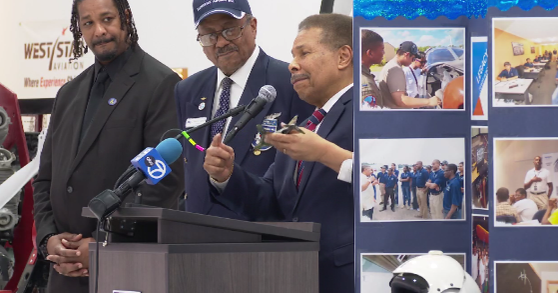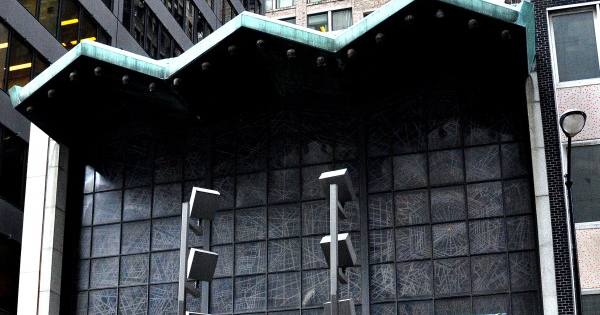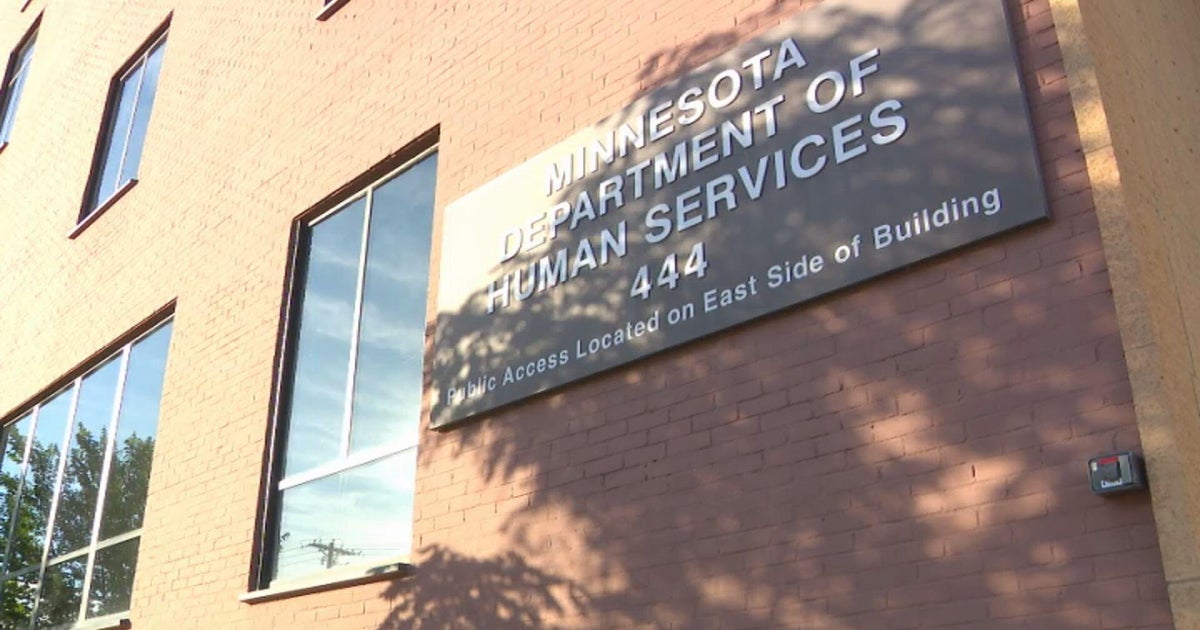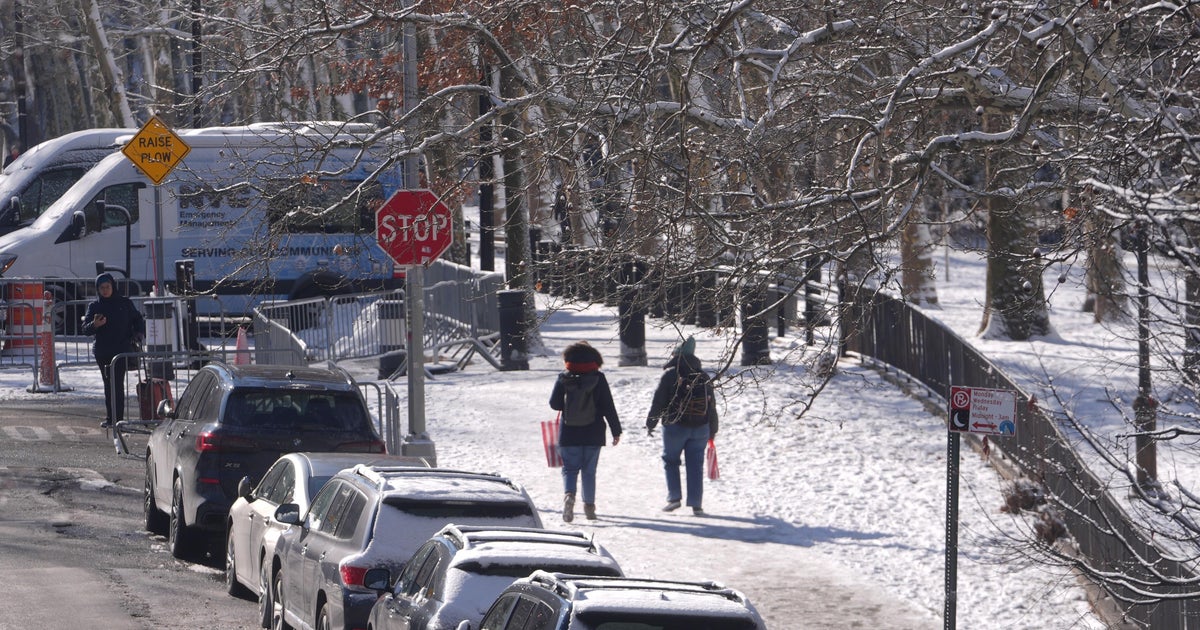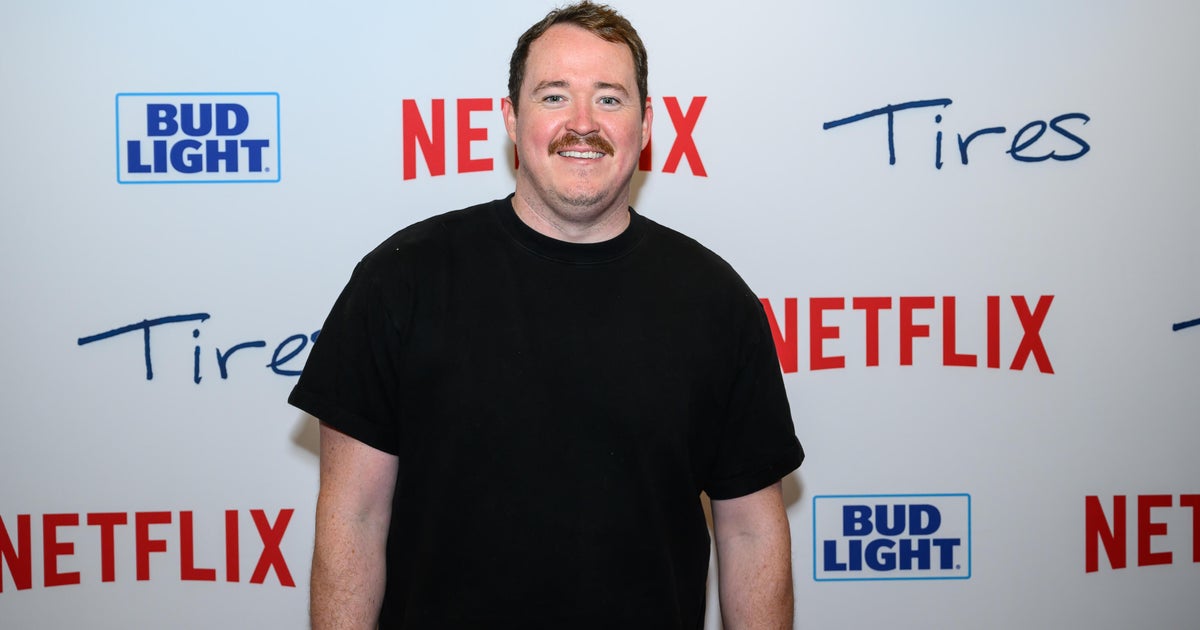Chicago to relaunch guaranteed income program as city aims to spend remaining COVID relief funds
CHICAGO (CBS) -- Mayor Brandon Johnson will revive a $500-per-month guaranteed income program launched by his predecessor, as his administration works to spend the city's remaining federal COVID-19 relief money by a 2026 deadline.
The Johnson administration announced Tuesday it will spend $32 million to relaunch the program, which provides monthly $500 payments to low-income families for one year.
The program started in 2022 under former Mayor Lori Lightfoot, with 5,000 low-income families getting the monthly checks for one year as part of an effort to help them recover from the pandemic.
Johnson's office has yet to announce specifics on how many families will qualify for the second round of the guaranteed income program, or what requirements must be met to participate. Under the original program, applicants were required to have lived in Chicago for at least one year, be 18 years old or older, have experienced economic hardship due to the COVID-19 pandemic, and have a household income below 250% of the federal poverty level – or $57,575 for a family of three.
Chicago received a total of $1.9 billion in COVID-19 relief funds under the American Rescue Plan Act passed by Congress in 2021. The city must dedicate that money to specific programs by the end of this year and spend the money by 2026, or give back what's left.
In addition to the money being dedicated to the guaranteed income program, Johnson's office on Tuesday announced several other initiatives to help meet the city's goal of spending $576 million in federal COVID-19 relief funds on community initiatives.
- $66 million for the Youth Opportunities Program to help provide local youths with employment opportunities tailored to their age.
- $10 million for one-time emergency financial assistance to survivors of gender-based violence.
- $23 million for a Community Violence Intervention Program to offer case management, outreach, and diversion to people at highest risk of committing violence.
- $24 million for the Family Connects Program providing home visits to families with newborn babies within 3 to five weeks of birth – including comprehensive physicals for the infant and mother.
- $20 million for the Mental Health Equity Initiative to improve access to mental health services.
- $32 million for the Rapid Rehousing Program to help families experiencing homelessness quickly move from shelters or the street to permanent housing.
- $10 million for the Neighborhood Broadband Connectivity program to provide affordable high-speed internet connections in neighborhoods with the lowest rates of home internet connections.



